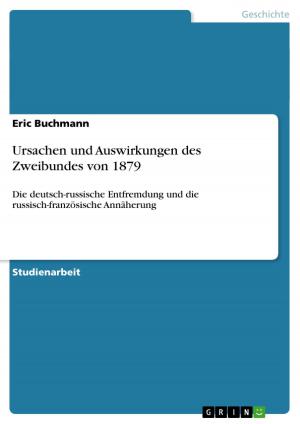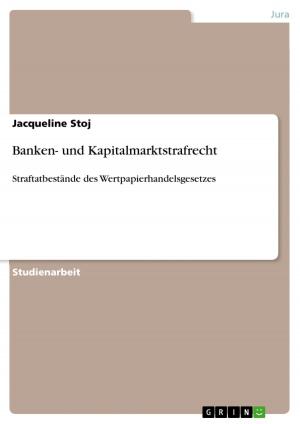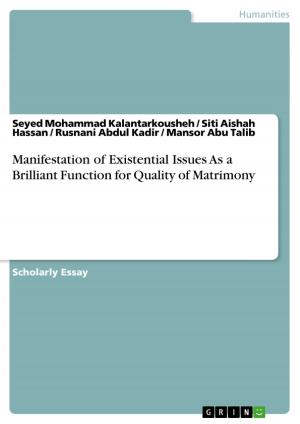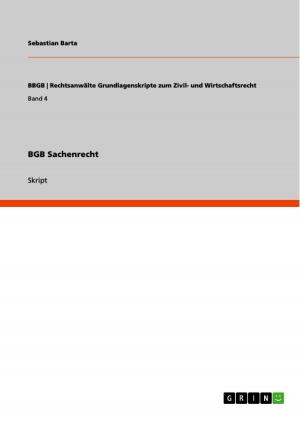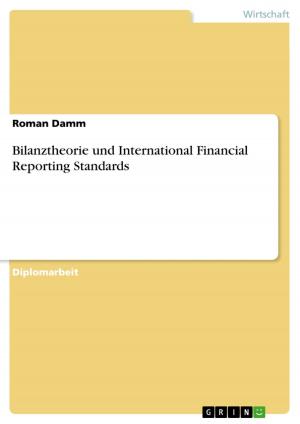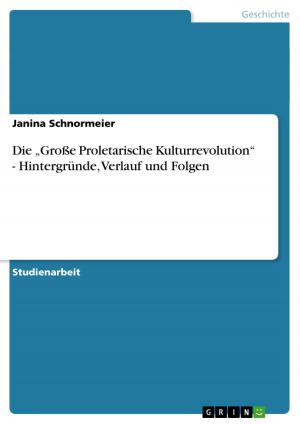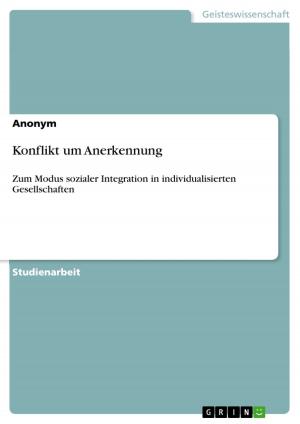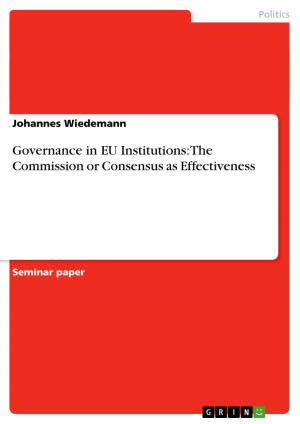Impacts of Mob [In]Justice on the Rule of Law in Ghana
Nonfiction, Social & Cultural Studies, Political Science, International, International Relations| Author: | Mawuloe Koffi Kodah | ISBN: | 9783656133261 |
| Publisher: | GRIN Verlag | Publication: | February 15, 2012 |
| Imprint: | GRIN Verlag | Language: | English |
| Author: | Mawuloe Koffi Kodah |
| ISBN: | 9783656133261 |
| Publisher: | GRIN Verlag |
| Publication: | February 15, 2012 |
| Imprint: | GRIN Verlag |
| Language: | English |
Research Paper (undergraduate) from the year 2012 in the subject Politics - International Politics - Region: Africa, , course: Governance and Public Policy, language: English, abstract: This paper studies the practice of mob violence in the name of justice, and its implication to the rule of law in Ghana. The study is divided into three major part parts. The first part examines a number of conceptual issues of justice which serve as framework for the study. The second part evaluates a number of possible causes that elicit recourse to mob violence as a way of seeking equity and fairness. It also brings out the possible impacts of the practice on the rule of law, good governance and sustainable democratic development in Ghana. The paper rejects mob violence, 'mob justice', as an acceptable way of seeking justice, in the third part. This is done, taking cognizance of the conceptual framework set at the beginning. In effect, the paper turns the paradigm upside down, thus making of 'mob justice' mob injustice. Consequently, the paper makes a number of recommendations that should be considered in an attempt to put an end to the practice in order to uphold the supremacy of the rule of law needed for the entrenchment of democracy and good governance in Ghana.
Research Paper (undergraduate) from the year 2012 in the subject Politics - International Politics - Region: Africa, , course: Governance and Public Policy, language: English, abstract: This paper studies the practice of mob violence in the name of justice, and its implication to the rule of law in Ghana. The study is divided into three major part parts. The first part examines a number of conceptual issues of justice which serve as framework for the study. The second part evaluates a number of possible causes that elicit recourse to mob violence as a way of seeking equity and fairness. It also brings out the possible impacts of the practice on the rule of law, good governance and sustainable democratic development in Ghana. The paper rejects mob violence, 'mob justice', as an acceptable way of seeking justice, in the third part. This is done, taking cognizance of the conceptual framework set at the beginning. In effect, the paper turns the paradigm upside down, thus making of 'mob justice' mob injustice. Consequently, the paper makes a number of recommendations that should be considered in an attempt to put an end to the practice in order to uphold the supremacy of the rule of law needed for the entrenchment of democracy and good governance in Ghana.
![Cover of the book Impacts of Mob [In]Justice on the Rule of Law in Ghana by Mawuloe Koffi Kodah, GRIN Verlag](https://www.kuoky.com/images/2012/february/500x500/9783656133261-IerD_500x.jpg)

